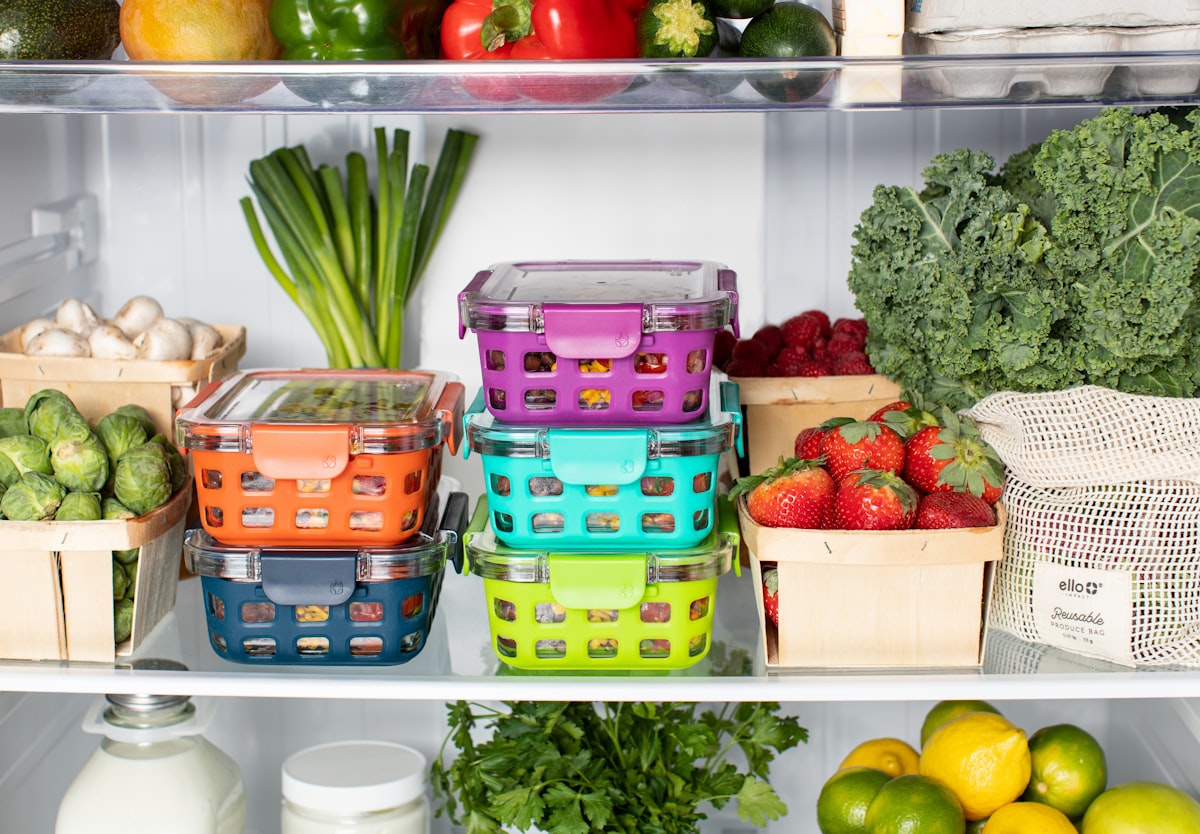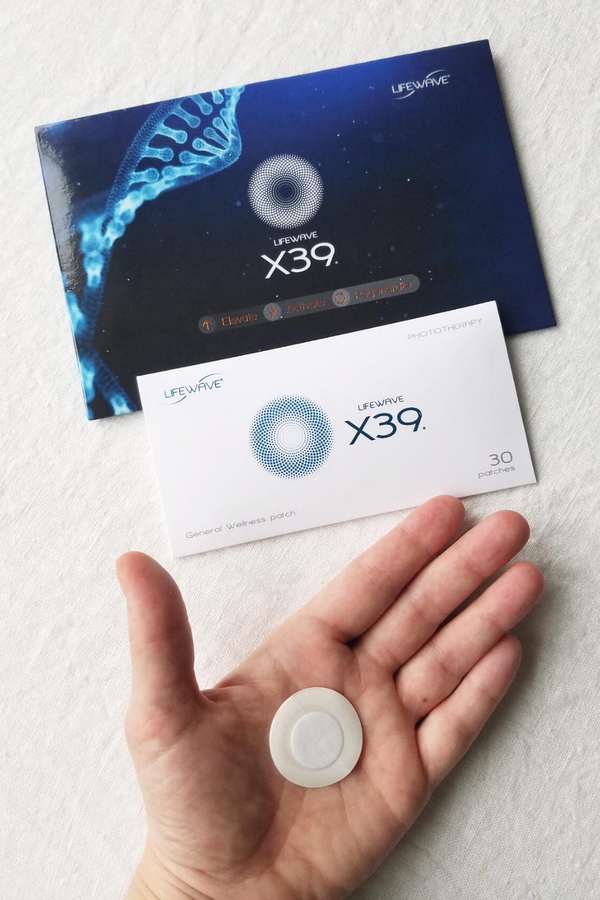Small Steps on a Path to Better Nutrition & Digestion

Quick Tips – For Better Digestion, Absorption and Gut Health by Val Romenello Registered Holistic Nutritionist (RHN), [email protected]
7 Days – 7 Small Changes
Day 1: SOAK / SPROUT YOUR NUTS, SEEDS AND GRAINS
It’s very common to hear how good nuts and seeds are for you. Some are better than others. Eat in moderation, a handful a day.en
What is less commonly talked about is that soaking and sprouting your nuts, seeds and also your grains neutralizes enzyme inhibitors, releases their nutrient potential, and makes them easier to digest. For example, Almonds are “healthy” , but they have a natural enzyme inhibitor that makes it difficult for your body to digest and break down the nutrients for absorption.
Soak your nuts, seeds and grains in water overnight on the counter. Rinse them the next morning and consume what you soaked and rinsed. If there is any extra store the remaining in the fridge. Store up to 3 days, keeping them in water, after rinsing each day.
Day 2: TRY FOOD COMBINING
Eat your fruit 20 – 30 mins before a meal or 2 hours after.
The carbohydrates in fruit are easier for your body to digest than protein, fat and complex carbohydrates.
If you eat fruit with meat protein, the sugars from the fruit break-down first and sit in your gut fermenting, while your gut is working to break-down the protein. This can lead to gas and bloating.
If you are eating meat protein, it is best to eat it with vegetables instead of grains, starchy vegetables (potatoes) and / or legumes & beans. Eating meat and potatoes is more difficult to digest when eating together. It is best when eating meat to combine it with a salad, broccoli, carrots etc. And if when eating grains, combine it with legumes / beans for a complete protein, instead of eating them with meat. Target half of your plate to be made up of vegetables.
Day 3: Fermented Foods, Good Bacteria and Minimal Sugar
It is true, consuming refined sugar is not good for your health. And beyond sugar, the fructose sugar in fruits, if over consumed, isn't healthy either. The excess sugar and simple carbohydrates turns to fat. Also, sugar feeds yeast and contributes to yeast overgrowth in our digestive system which has various impacts including inflammation and an imbalance of your gut flora.
In eating fruit, It is best to eat fruit whole and not consume fruit juice.
The best fruits to eat are high antioxidant berries – blueberries, raspberries. Some of the fruits you should avoid are ripe bananas and grapes which are high in sugar. Green bananas are good if you would like to eat bananas. And for grapes, it is better to drink moderate amounts of red wine rather than eating grapes.
As sugar is bad for gut health and therefore the rest of your body, good bacteria foods are needed for good gut health and flora.
Fermented foods are a good source to add to your diet for gut health.
Try some Kimchi, Raw Sauerkraut, Fermented Vegetables, Coconut Kefir, Unpasteurized goat / sheep cheese (minimum qty)
Day 4: Minimize Gluten and Pasteurized Cows Dairy
Or Go Gluten and Dairy Free for a few weeks to see how you feel.
See how you feel. Typically will feel less bloated and experience less inflammation.
Gluten is difficult to digest. For some more then others. And living in North America, wheat is predominately hard wheat, this has higher amount of gluten vs in Europe, they grow soft wheat which has less gluten content.
Pasteurized Cow’s Dairy is also difficult to digest as pasteurizing the milk kills the natural enzyme that would make it easier to digest. Some people have difficulty digesting the lactose in milk, which is the sugar component. But the protein in cow’s dairy is difficult to digest for many, especially when it is pasteurized. The inflammation that results can also affect behaviour. This is something to explore in your children’s health.
Day 5: RAW NUTRIENT DENSE FOODS – SPROUTS
Add Sprouts to your meals.
Fresh Sprouts – such as Pea Sprouts , Sunflower Sprouts, Mung Bean Sprouts, Broccoli Sprouts, Sprouted Lentils – are Nutrient Dense and easy for your body to break-down and absorb. Eat them raw to keep their enzymes intact for digestion and absorption.
You can grow your own sprouts or also find such sprouts available in your local grocery store and farmer’s markets.
Juicing sprouts and greens such as chard, spinach, celery, cucumber is also a great way to start your day. If you don’t have one already, purchasing a juicer is a great addition to your preventative health journey.
Day 6: HEALTHY OILS
Consuming good oils are important. Oils and fats contain essential fatty acids - omega 3s and 6s, in particular which are part of the structure of every single cell in our bodies. Especially important for brain health.
Some oils are good for cooking and some are best to add after cooking and left unheated, so they don’t oxidize and release free radicals.
Best good oils for cooking are Avocado Oil , Coconut Oil, Safflower Oil
Good oils that should be consumed without heating are Extra Virgin Olive Oil, MCT (Coconut Oil), High Quality Fish Oil, Nut and Seed oils, like Walnut and Flaxseed oil.
Better to use expeller pressed oils vs processed oils.
Best to avoid peanuts, corn, canola, cottonseed and soy oils.
Day 7: Enjoy the Energy you will start to feel with better digestion.
It is one thing to consume natural, unprocessed, nutrient dense food, but beyond that, it is also how well your body can digest and absorb the food that you have eaten.
If it has been years that your digestion and health have not been at its best it will take time for you to bring your body back into balance. Be persistent, one day at a time and continue to progress forward. It is progress over perfection. Enjoy the journey.
BONUS – Eat as much Organic Food as possible.
Non Organic soil in North America, has only 8 Minerals, vs a properly mineralized soil (Organic soil) has 92 Minerals. Industrial mass non- organic farming with the use of lots of pesticides / chemicals, has depleted the soils of minerals. Therefore, even when eating “healthy" vegetables, those vegetables have been grown in soil lacking the minerals that they should. Wonder why a majority of people today are mineral deficient?
Organic food tends to be more expensive. But when you are eating nutrient dense foods, you don’t need to consume as much food to get the necessary nutrients. Therefore, you can buy less food, but better quality.





